A City Council meeting – photo © Julian Swainson
Protecting local services, generating new income, investing in housing and supporting those most in need are key elements of Norwich City Council’s draft budget report for 2020-21, which will go before full council next week.
Against a backdrop of greatly reduced government funding, the budget details the council’s intention to protect local services in the coming year, although warns that long term funding uncertainty means difficult decisions lie ahead.
In order to balance the budget, the council is proposing to make net savings of around £1.7 million in 2020-21 against a target of £1.8 million, driven by both income generation and service efficiencies. This includes £500,000 (net) rental income from commercial property investments.
Council tax is expected to increase by 1.99 per cent for Norwich residents, which equates to an extra 10 pence per week for Band D properties. A consultation showed that 58 per cent of residents were in favour of the increase.
The council’s policy of offering a 100 per cent council tax reduction scheme to support people most in need is set to continue.
Councillor Paul Kendrick, cabinet member for resources and finance said: “This budget demonstrates our prudent approach to financial planning works. We are able to protect our front line services by making efficiency savings and investing in our commercial property, which is beginning to pay off.
“Protecting the most vulnerable remains central to our budget decisions which is why we’re continuing with our 100 per cent council tax reduction scheme as well as investment in our housing stock.
“Despite the financial constraints, we remain ambitious for our city. But we also recognise we can’t do it alone and will continue to work with others to secure investment in the city’s future and act as a catalyst for change through our Norwich 2040 City Vision.”
Full council will meet on 25 February to approve the budget and set the council tax for the following financial year.
The pressure on council budgets will continue as demand for local services continues to increase.
Norwich is making net savings of £1.7m in 2020/21 and will require a further £2.5m of savings or additional income a year through to 2024/25.
The core grant funding the council receives from Government has reduced from £7.86m to £0.2m over the past 8 years which means services need to be funded mainly through council tax, business rates (which are set by government), fees and charges and commercial income.
In order to help balance the budget, the council plans to increase council tax by 1.99 per cent next year – this will add an additional 10p per week to council tax bills (based on band D property)
The council is committed to supporting the most vulnerable in the city, and proposes to continue to provide a 100 per cent council tax reduction scheme to those under the greatest financial pressure.
The council’s investment programme is paying off – 13 per cent of local services will be paid for from the income returns generated from commercial investments next year (£7.6m gross income)
The council will be making investment in maintaining the physical infrastructure of the city including:
-
- £46.5m investment in housing stock including upgrades and maintenance as well as new social housing
- Providing £1.5m in disabled facilities grants
- Improvements to Eaton Park
The council continues to work hard to secure the best financial deal for the city, and was recently awarded £870k to continue its innovative, multi-agency approach to tackling homelessness
Norwich Eye says: This depressing set of proposals shows that central government under Tory control is continuing a destructive and vindictive attack on local government funding. After ten years of Government driven austerity Norwich need investment in the public realm and in modern services fit for purpose. If Norwich is to retain its status as the ‘Fine City’ it needs a council that is properly funded and able to respond to citizens needs, including an ambitious housing programme and the improvement of our parks, gardens and public spaces. The current administration have indeed been prudent in their management but cannot offer what voters demand without a more secure funding base.

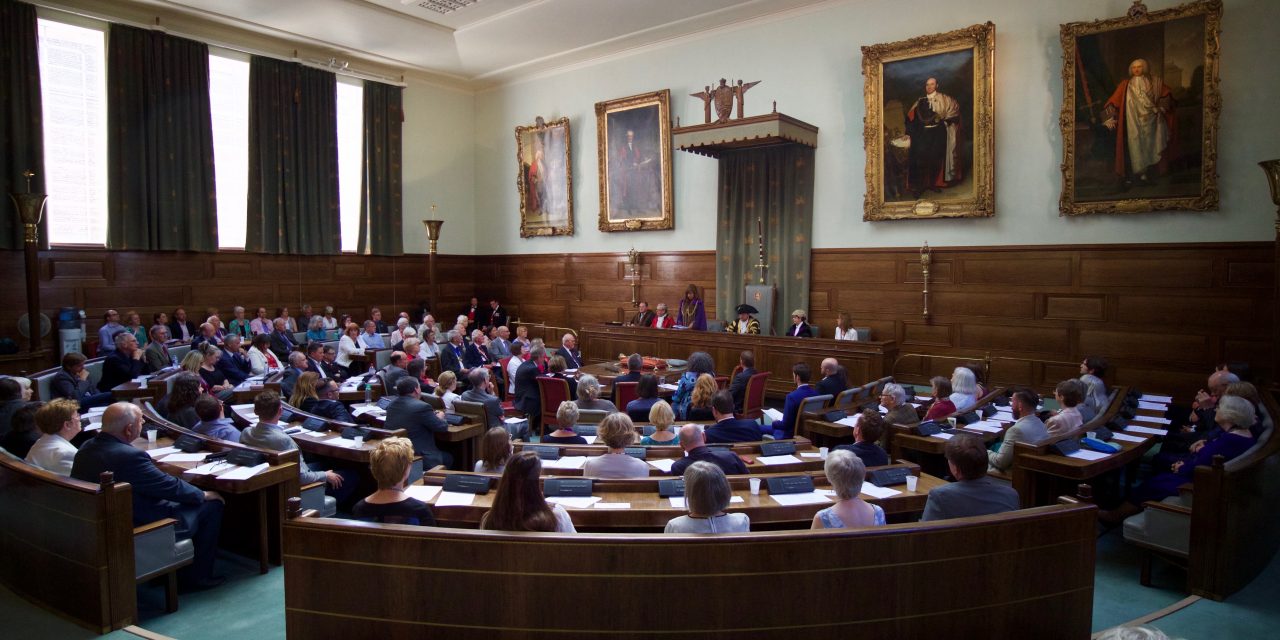
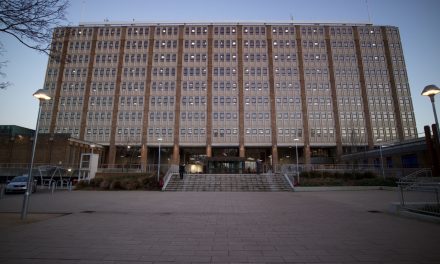
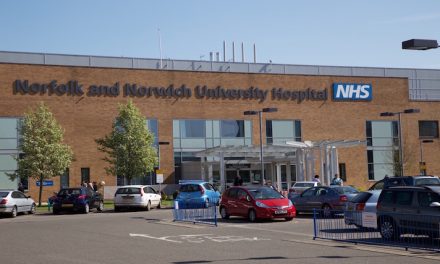
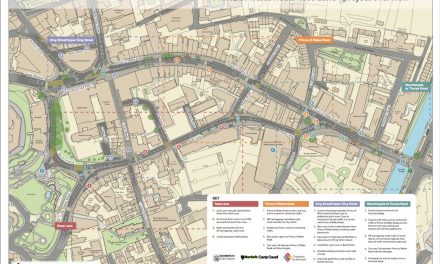
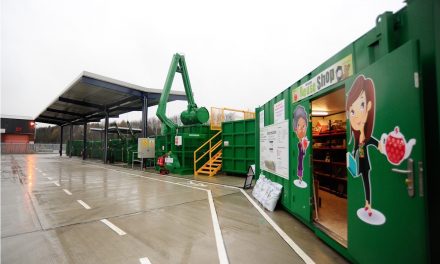
Recent Comments